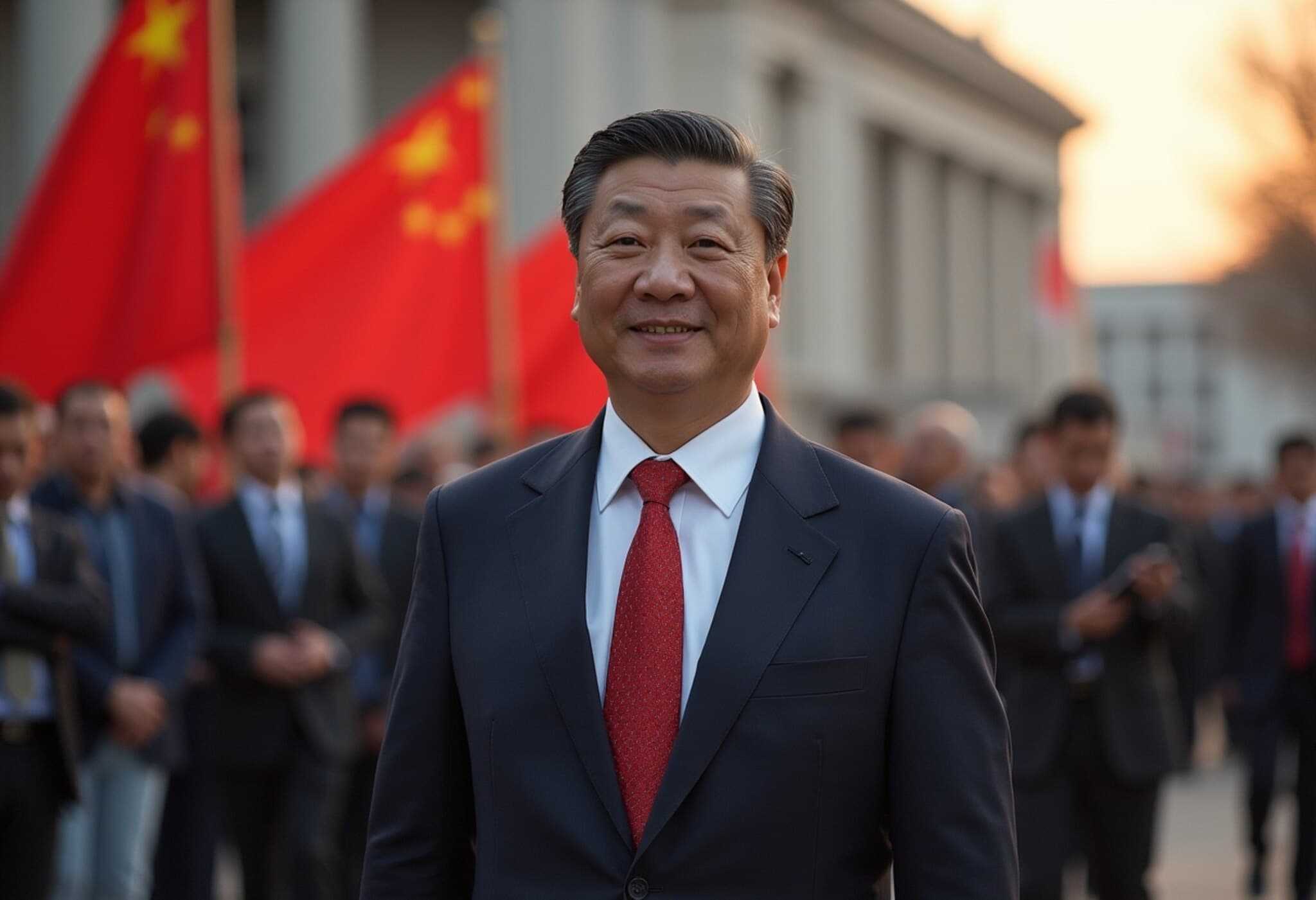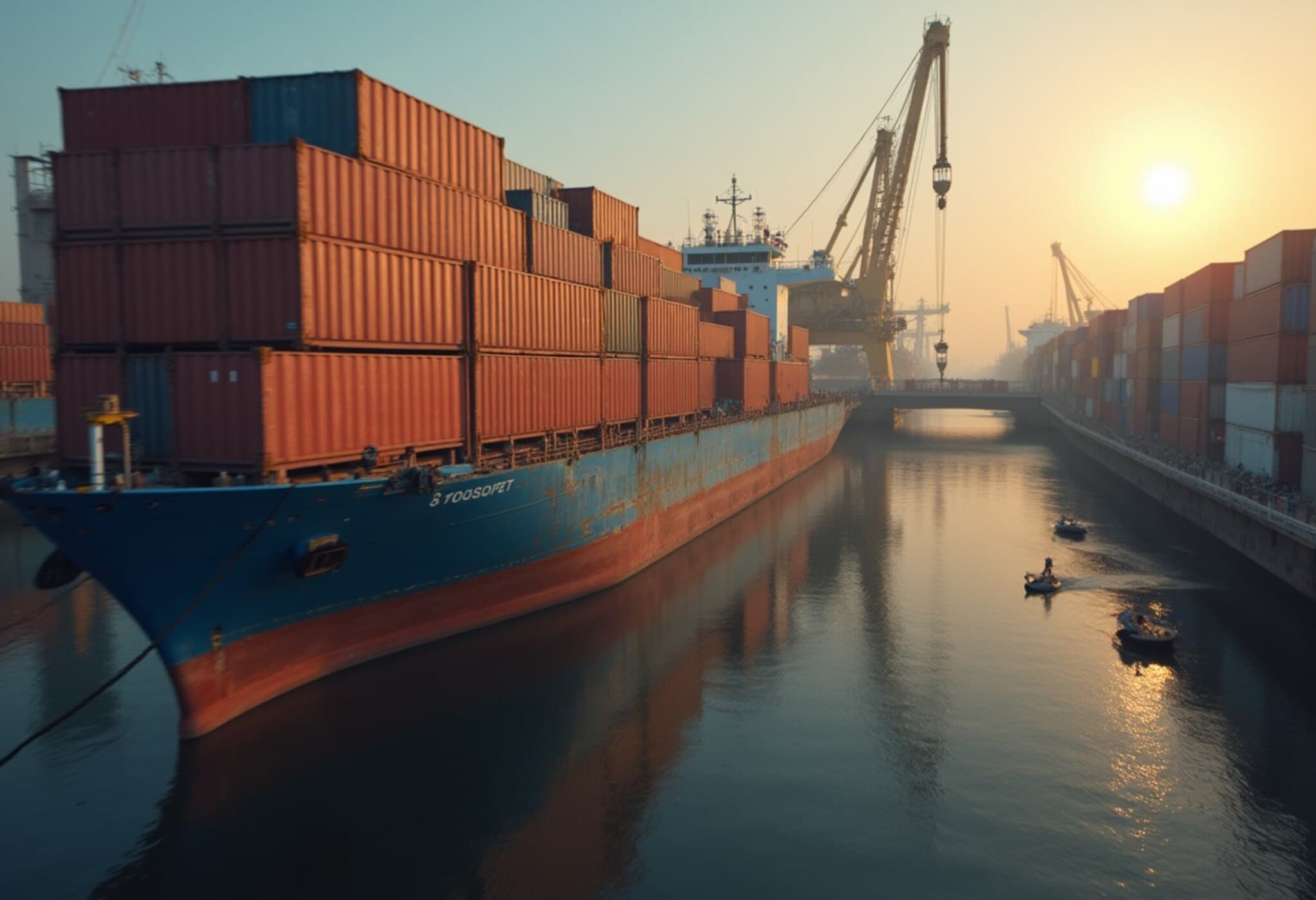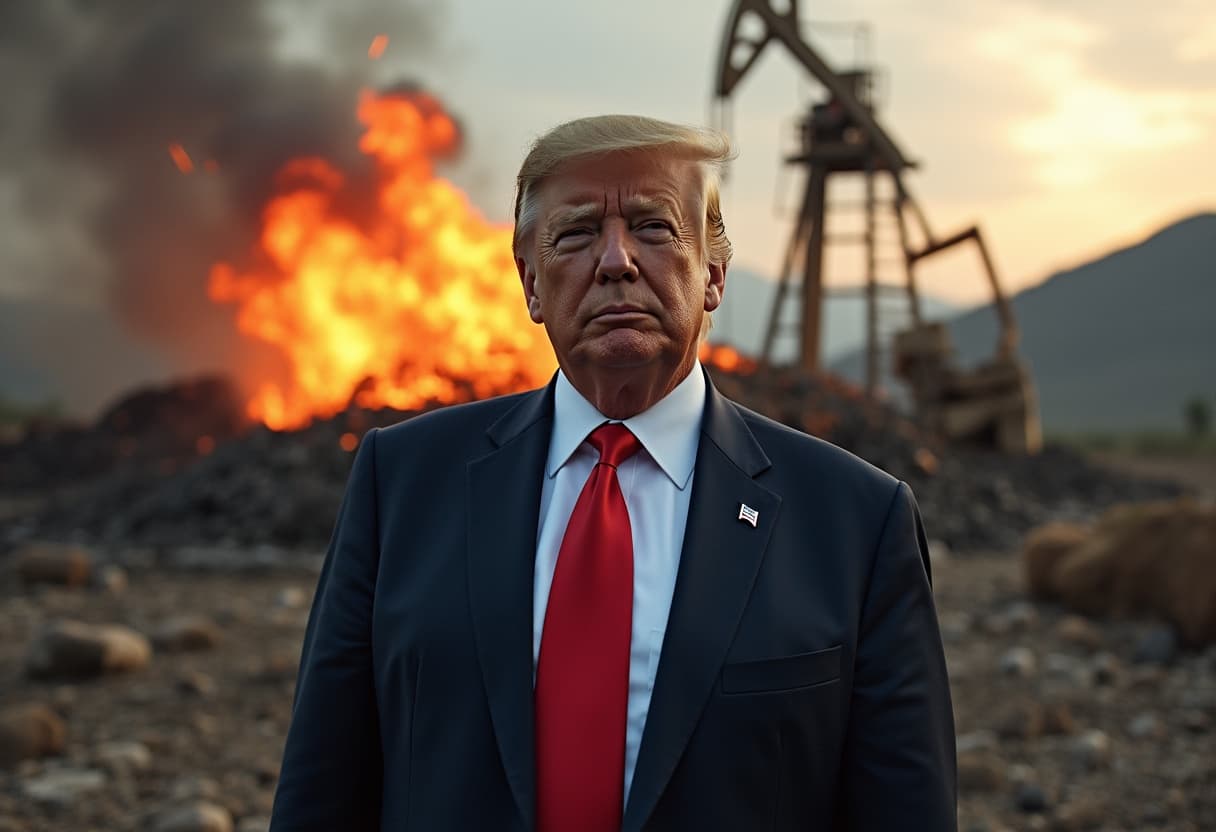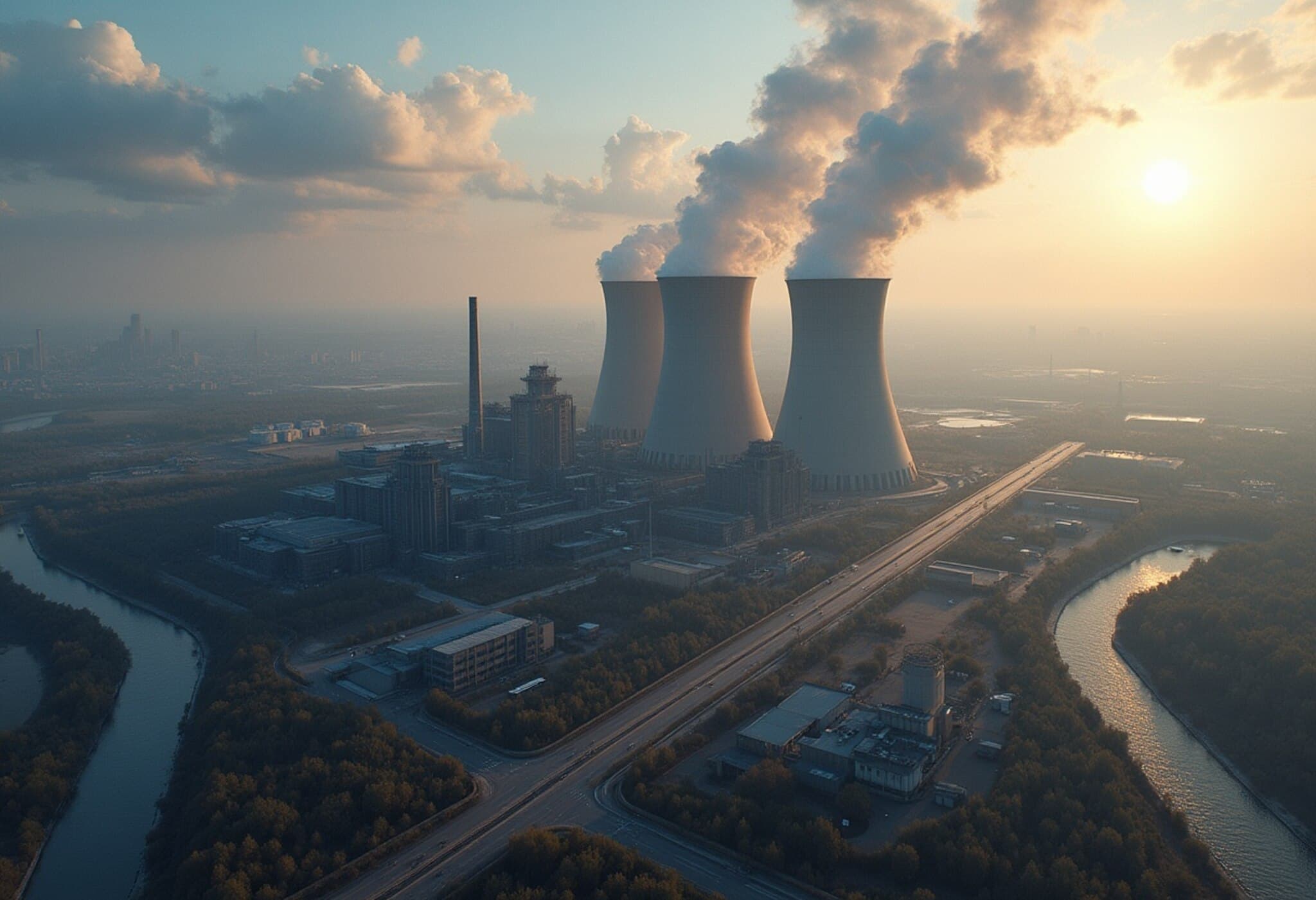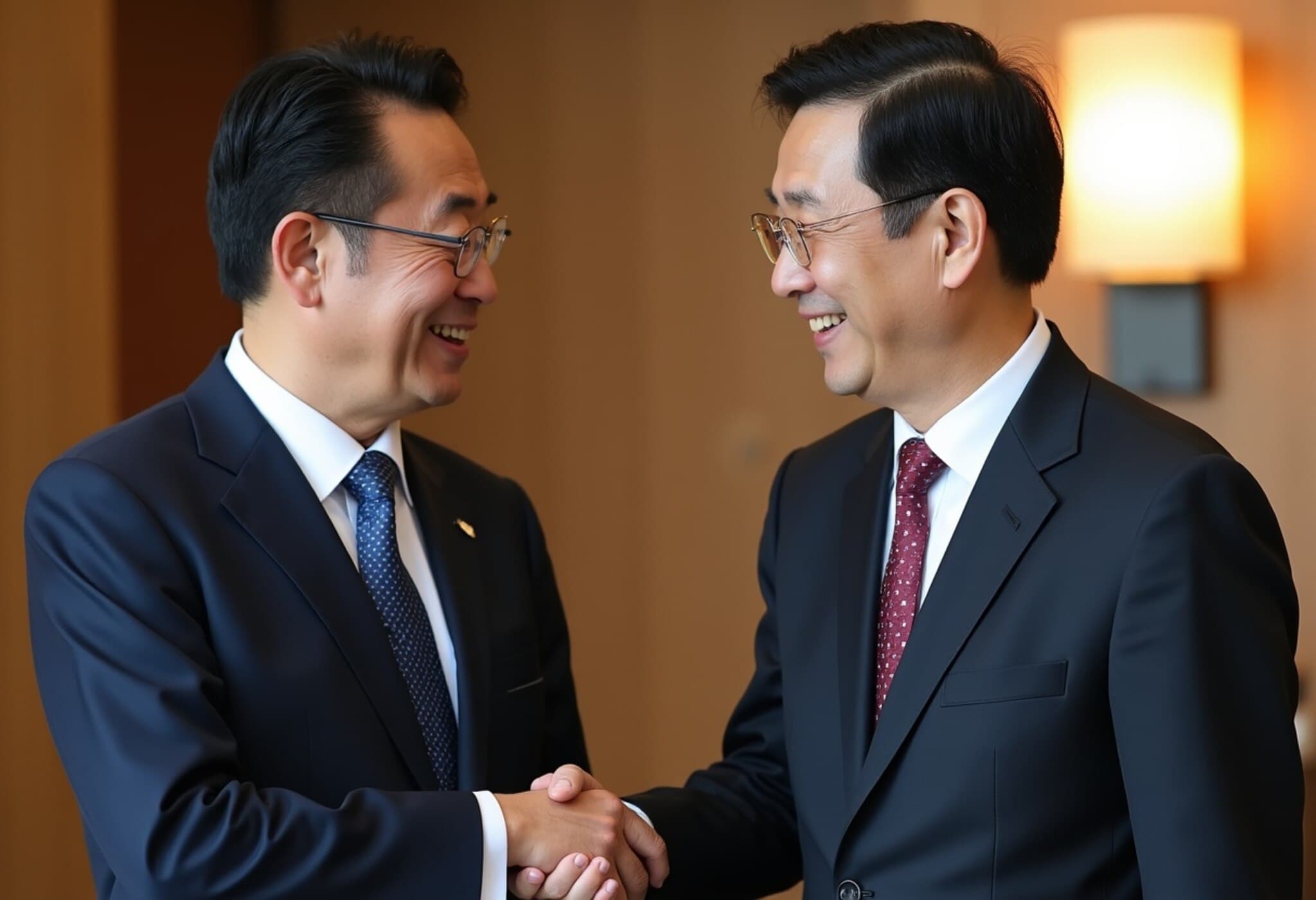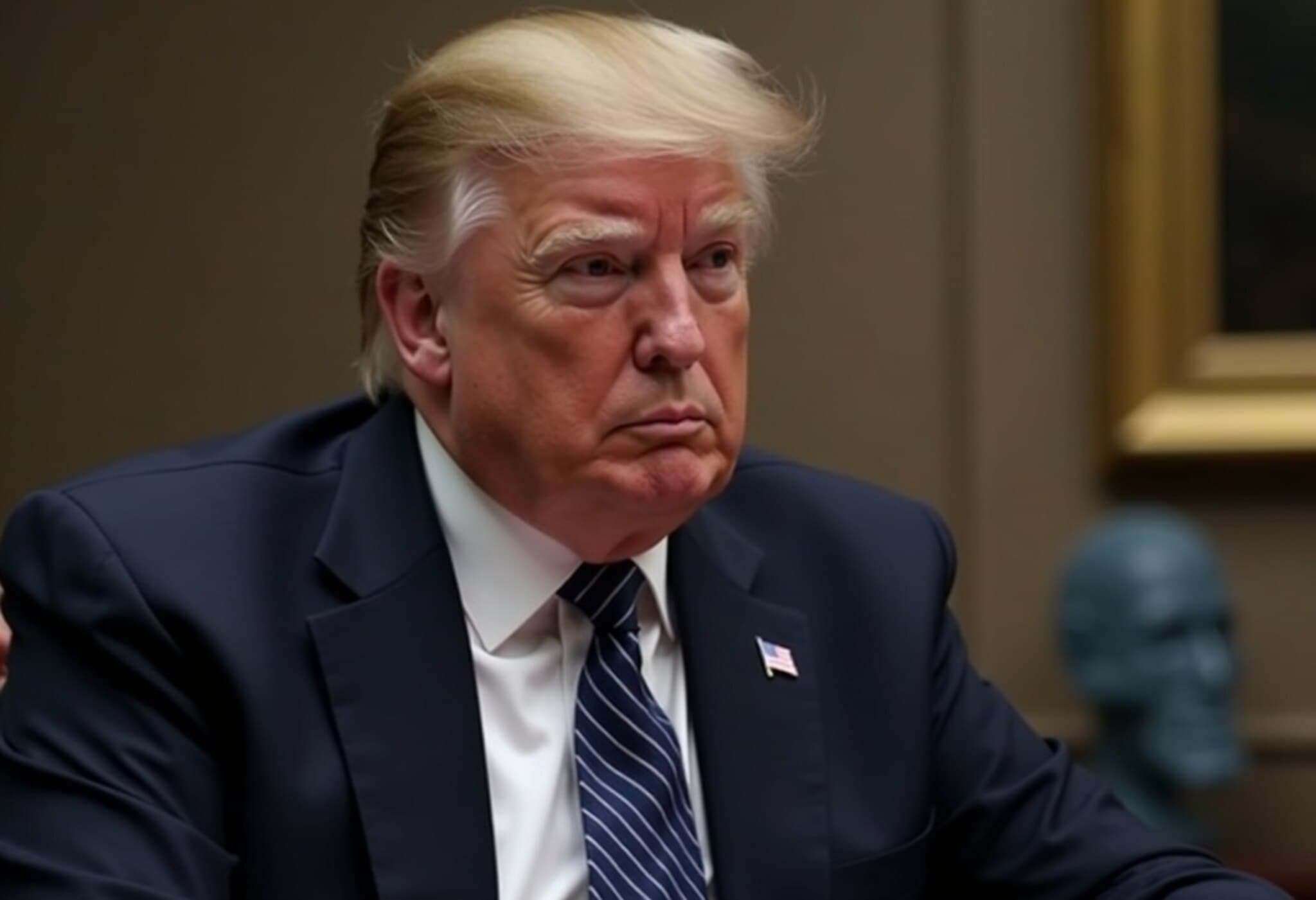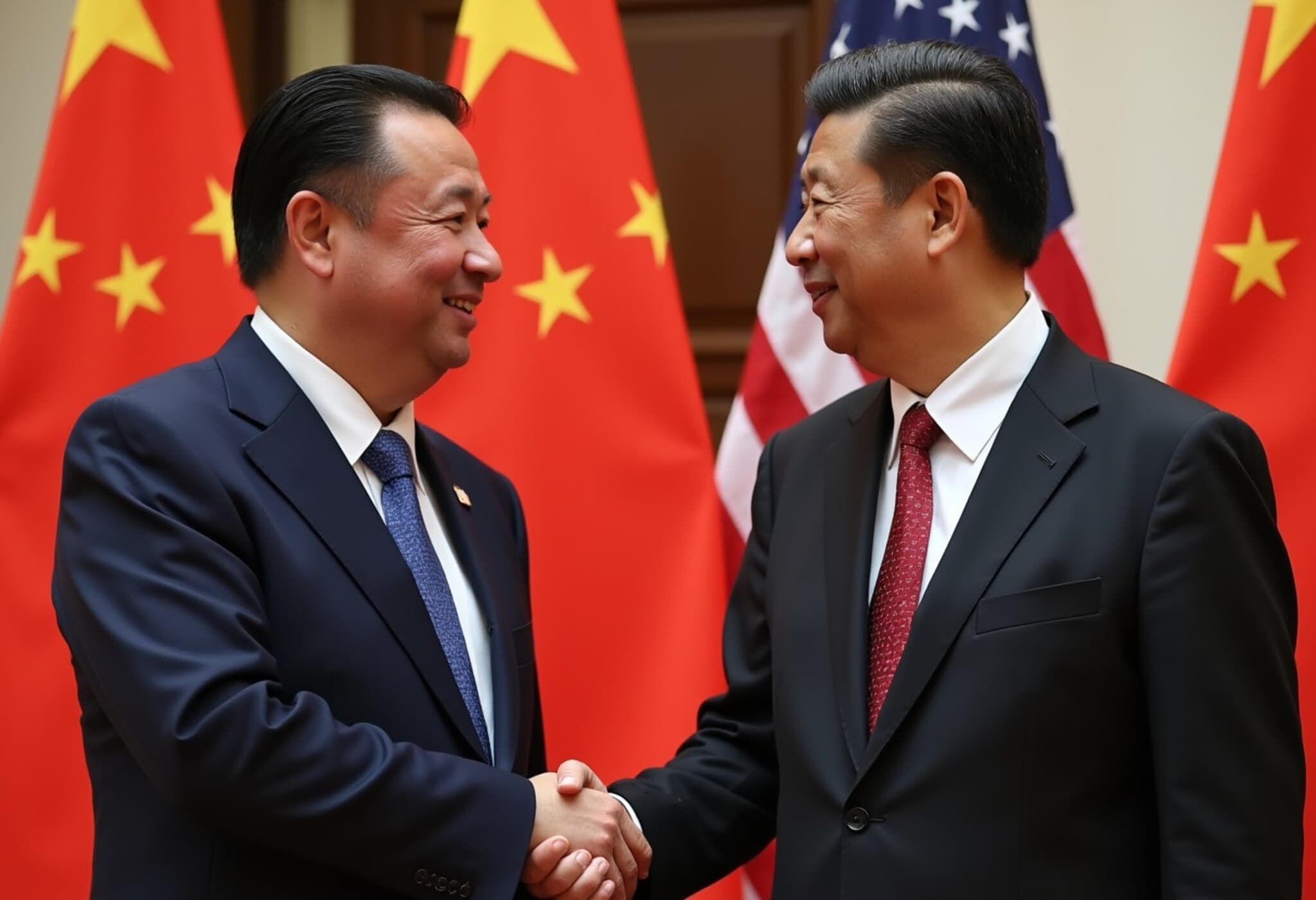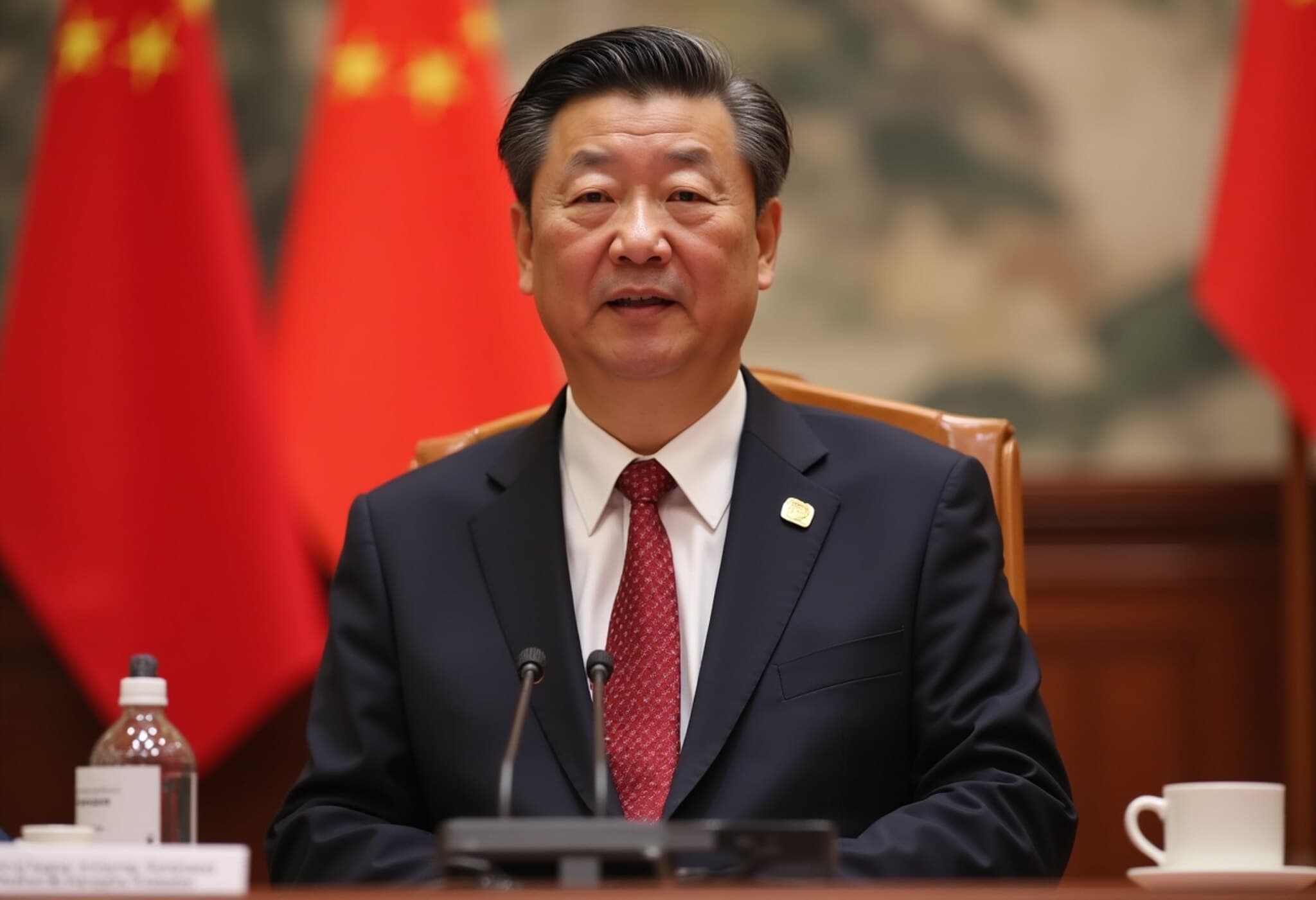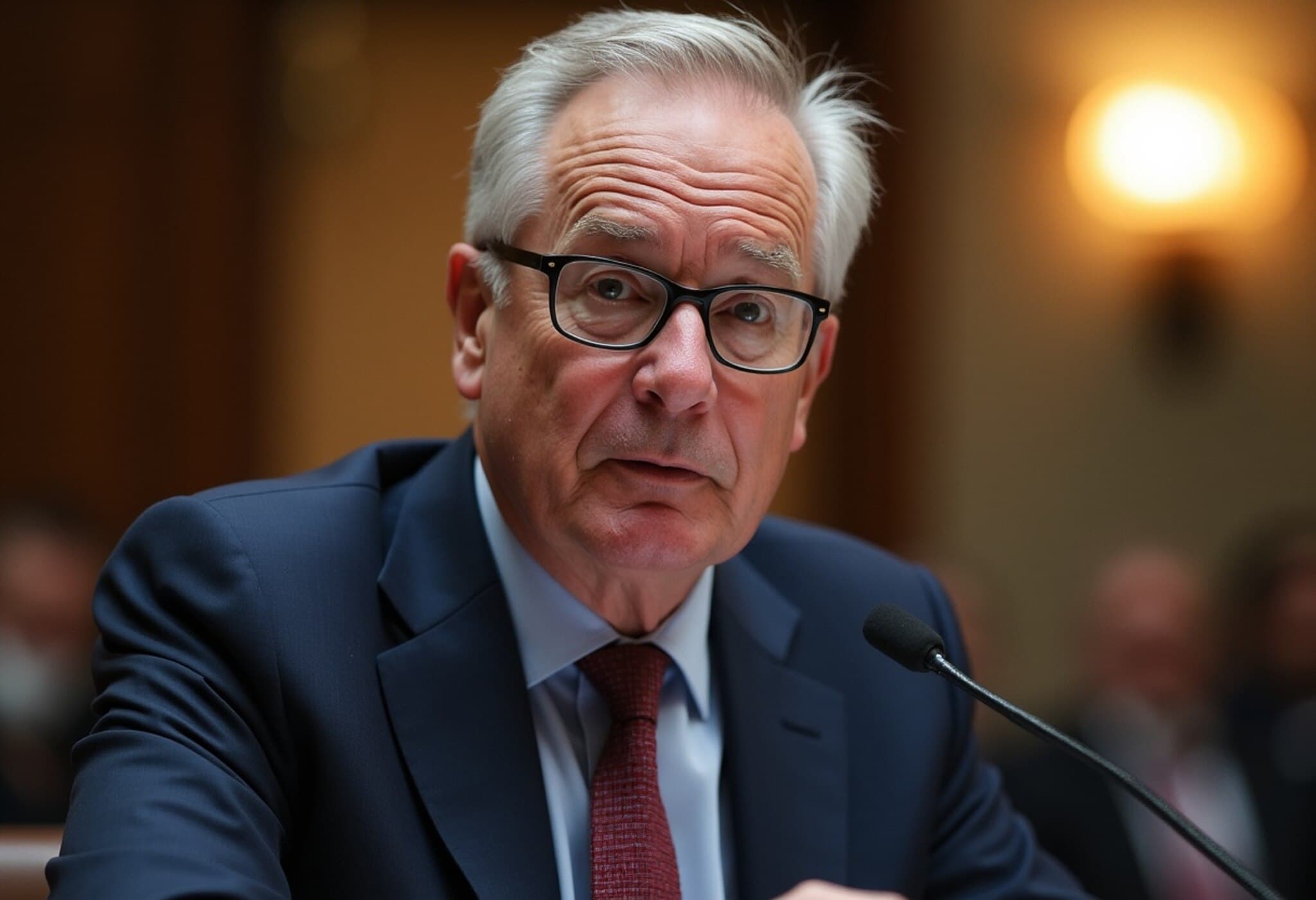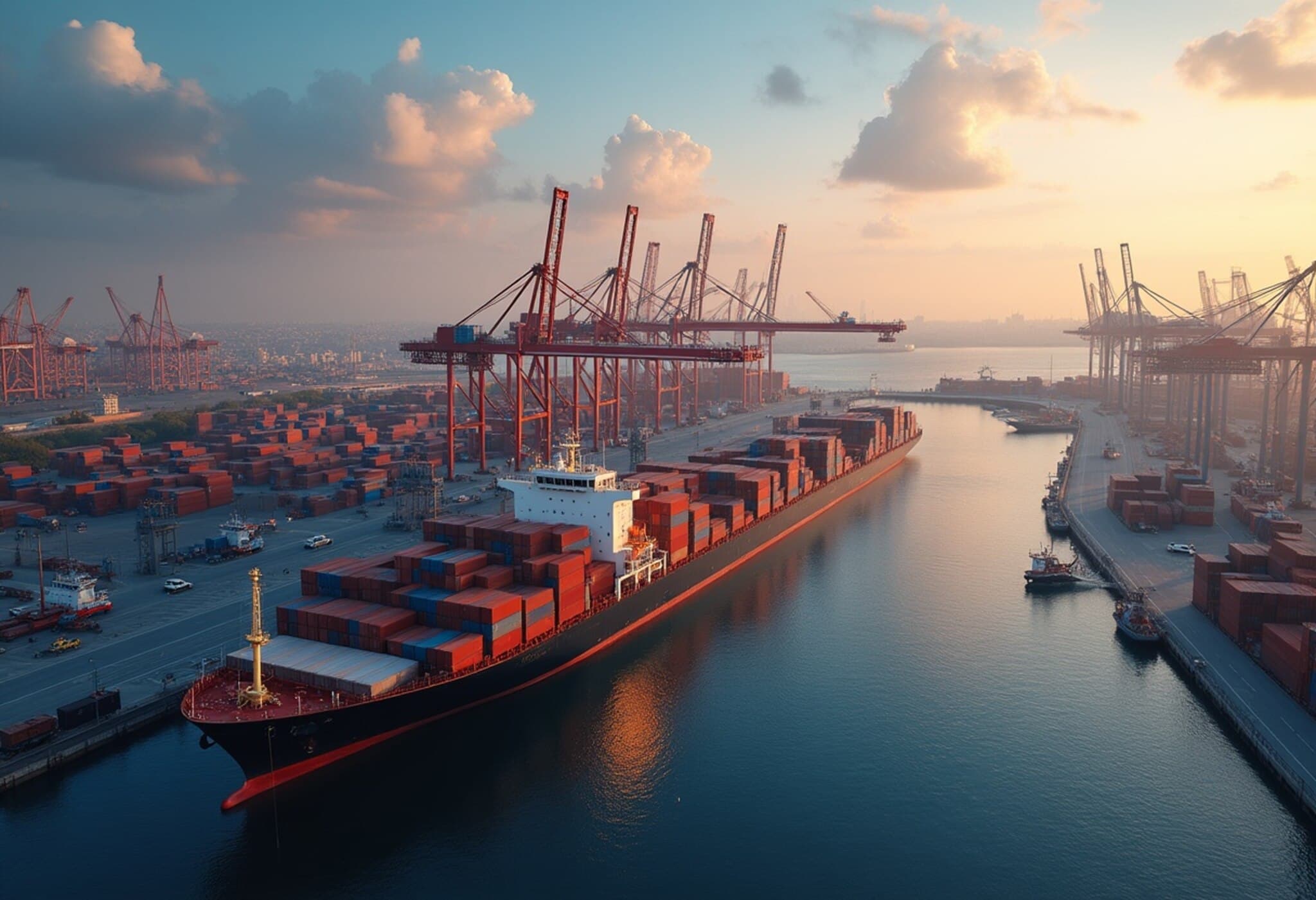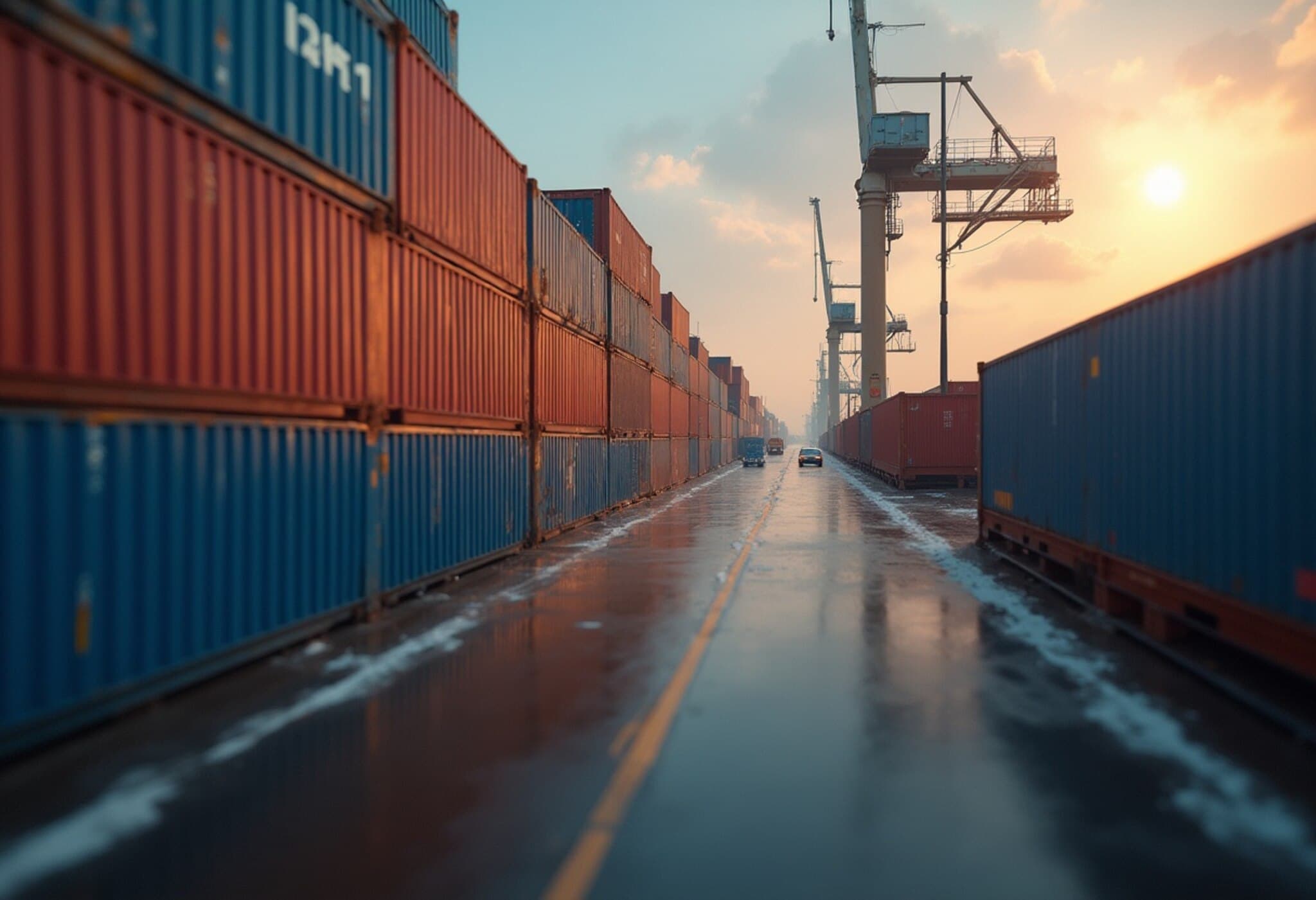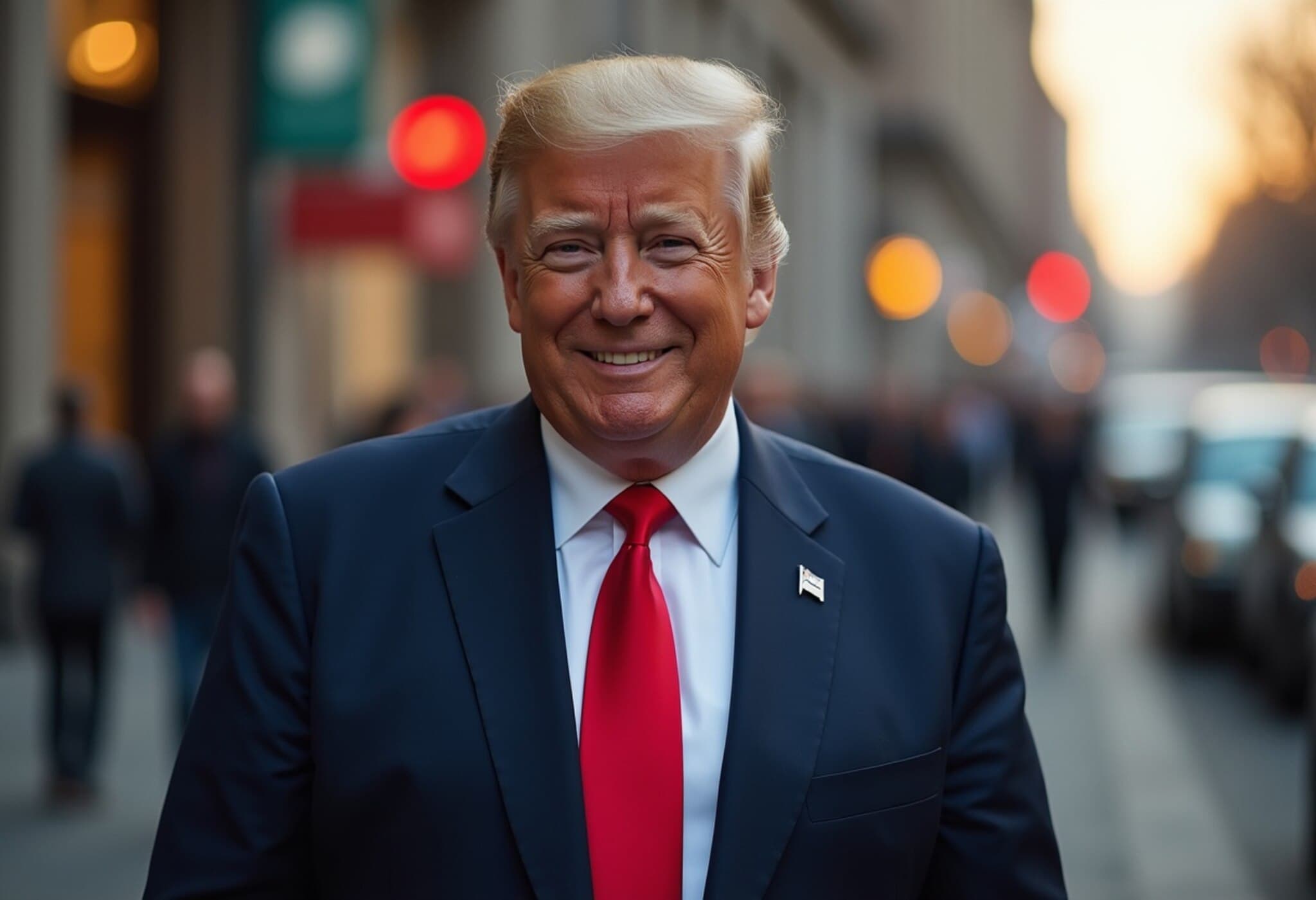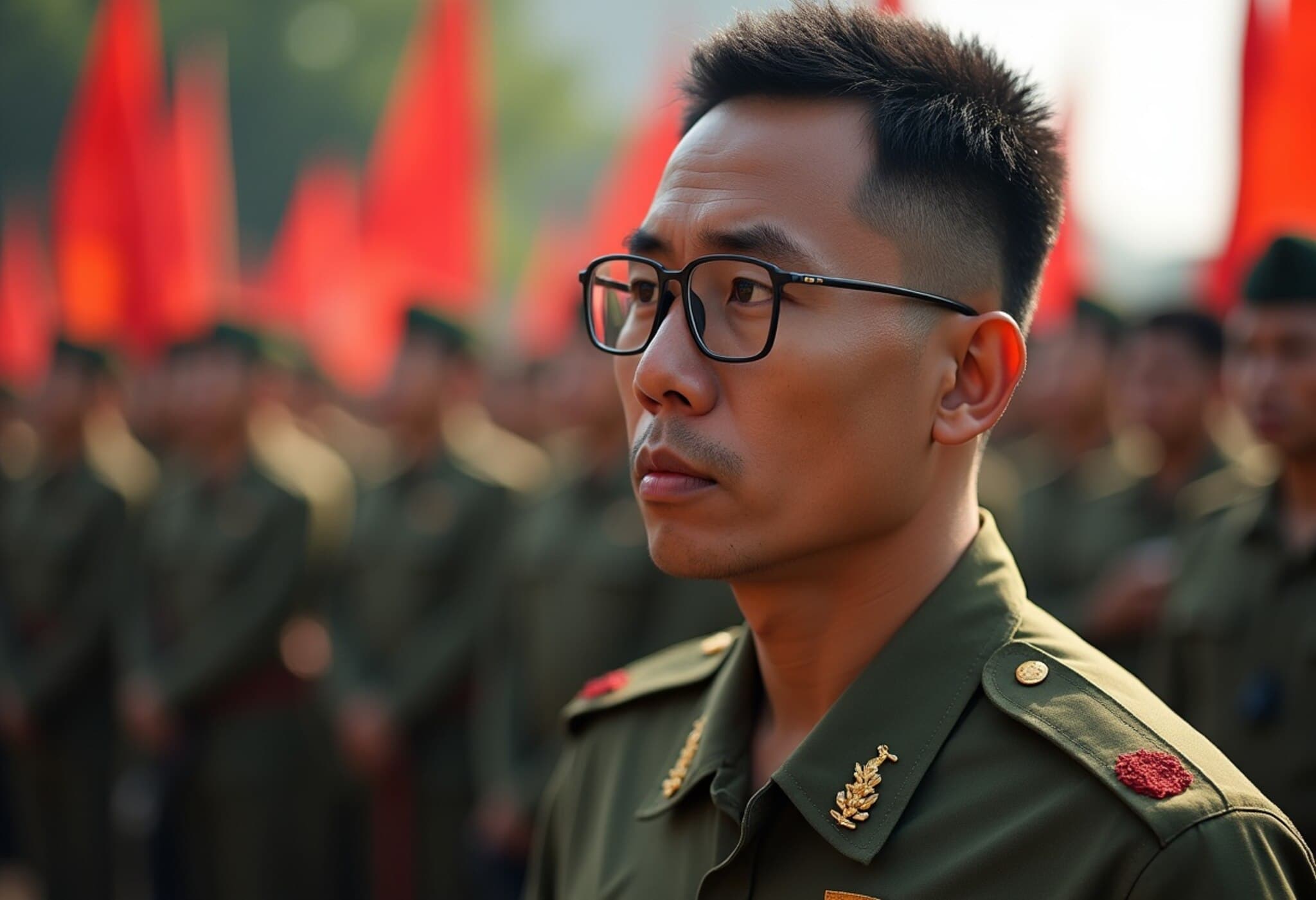China Rebukes U.S. Sanction Threats on Russian Oil Imports
On July 30, 2025, Beijing issued a sharp criticism of the United States’ recent warnings about secondary sanctions targeting countries that continue buying Russian oil. China’s Foreign Ministry spokesperson described the U.S. stance as an act of “coercion and pressure” that disregards national sovereignty and international economic dynamics.
Chinese Response: Defending Energy Sovereignty
In a pointed statement shared on the Chinese government’s official social media account X, the spokesperson emphasized, “China will always ensure its energy supply in ways that serve our national interests.” The statement underscored the futility of tariff wars and coercive tactics, asserting that such approaches “will not achieve anything.” Beijing reaffirmed its commitment to defending its sovereignty, security, and development priorities amid mounting geopolitical tensions.
Background: U.S. Secondary Sanctions and Trade Tensions
Earlier in the day, former U.S. President Donald Trump announced a 25% tariff on India, citing its ongoing purchase of Russian oil in the context of the Ukraine war. Trump additionally menaced China with similar trade penalties if it continues to import Russian energy resources.
“…Also, they (India) have always bought a vast majority of their military equipment from Russia, and are Russia’s largest buyer of ENERGY, along with China, at a time when everyone wants Russia to STOP THE KILLING IN UKRAINE — ALL THINGS NOT GOOD!” Trump stated on his social platform Truth Social.
Trump’s declaration reflects Washington’s broader strategy to cut off energy revenues fueling Russia’s military actions, yet it also risks escalating U.S.-China friction at a time when both powerhouses tread a delicate diplomatic path.
Trade Dialogue Signals Tentative De-escalation
Only days before this clash, the U.S. and China had agreed to a mutual tariff pause extension for another 90 days following high-stakes talks in Stockholm. Under this agreement, the U.S. maintains a 30% tariff on Chinese goods, while China keeps a 10% tariff on American imports — a careful balancing act that aims to reduce immediate tensions without abandoning strategic competition.
China’s Vice Premier He Lifeng characterized the talks as a step toward a “stable, healthy and sustainable” economic relationship between the two nations, highlighting its importance not only to their domestic growth but also for global economic stability.
U.S. Focus on Strategic Industry Risks and Supply Chains
U.S. Treasury Secretary Scott Bessent, part of the American delegation, described the discussions as “very fulsome,” with dialogues covering complex issues including China’s deepening trade ties with Russia and Iran. Bessent emphasized the need to “de-risk” key sectors such as rare earth minerals, semiconductors, and pharmaceuticals — critical components in the wider U.S.-China rivalry.
Analyzing the Broader Implications
This episode crystallizes the tension at the intersection of energy security, geopolitical rivalry, and global trade dynamics. The U.S.’s attempt to leverage tariffs and secondary sanctions reveals an effort to isolate Russia economically while pressuring allies and partners to align with Washington’s foreign policy objectives.
Conversely, China’s firm rejection and appeal to sovereignty highlight an emerging paradigm where countries prioritize diversified energy sourcing and resist unilateral coercion, marking a shift in how global energy geopolitics might evolve in the coming years.
- Economic Impact: Prolonged tariff battles risk disrupting global supply chains and dampening economic recovery post-pandemic.
- Legal Questions: The use of secondary sanctions raises complex international law debates around extraterritorial jurisdiction and state sovereignty.
- Future Outlook: Whether mutual tariffs can remain paused or flare into a broader trade war remains tied to how each side navigates these contentious resource and security issues.
Editor’s Note
The standoff over Russian oil sanctions between the U.S. and China is more than a bilateral spat; it’s a window into evolving global power dynamics where energy policy, national sovereignty, and economic statecraft collide. As geopolitical landscapes shift, the international community faces critical questions: Can stable trade relations survive under the weight of sanctions and strategic decoupling? And how will such conflicts shape the future of global energy security and economic cooperation?
Understanding these tensions demands not only attention to headline events but also a deeper look at the increasingly intertwined roles of diplomacy, economics, and national identity in the 21st century.

